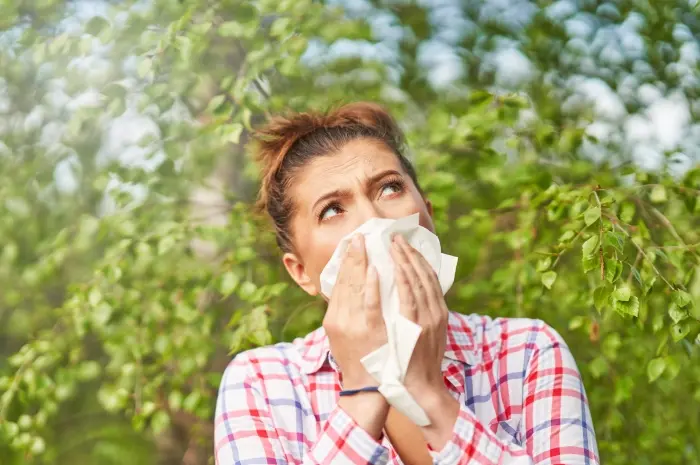Seasonal diseases are a common concern around the world, causing discomfort, sickness, and even fatalities in some cases. These diseases typically arise due to environmental factors, such as changes in temperature, humidity, and the presence of certain pathogens.
While it may be impossible to completely eliminate the risk of seasonal diseases, there are practical steps you can take to minimize your chances of falling ill.
In this comprehensive guide, we will explore various strategies and precautions that can help you avoid seasonal diseases and maintain your health throughout the year.
Understanding Seasonal Diseases
Before we delve into preventive measures, it’s essential to understand the types of seasonal diseases commonly encountered:
1. Influenza (Flu)
Influenza is a highly contagious respiratory illness that tends to peak during the fall and winter months. Getting an annual flu shot can significantly reduce your risk of contracting the virus.
2. Common Cold
The common cold is caused by various viruses and is more prevalent in the winter. Practicing good hygiene, such as regular handwashing and avoiding close contact with sick individuals, can help prevent colds.
3. Seasonal Allergies
Allergic reactions to pollen, mold, and other allergens often worsen during specific seasons. Using antihistamines and staying indoors during peak allergen times can alleviate symptoms.
4. Vector-Borne Diseases
Diseases like Lyme disease and West Nile virus are transmitted by vectors like ticks and mosquitoes, which are more active in warm weather. Wearing protective clothing and using insect repellent can help reduce the risk.
5. Foodborne Illnesses
Summer often sees an increase in foodborne illnesses due to outdoor gatherings and higher temperatures promoting bacterial growth. Safe food handling practices, proper refrigeration, and thorough cooking can prevent these illnesses.
Practical Tips to Avoid Seasonal Diseases
1. Vaccination
Keeping up with recommended vaccinations is one of the most effective ways to prevent seasonal diseases. Annual flu shots, childhood immunizations, and any necessary travel vaccinations can safeguard your health.
2. Hand Hygiene
Regular handwashing with soap and water for at least 20 seconds can significantly reduce the spread of viruses and bacteria. Carry hand sanitizer for times when soap and water are unavailable.
3. Respiratory Hygiene
Cover your mouth and nose with a tissue or your elbow when coughing or sneezing. Dispose of tissues properly and avoid touching your face to prevent the spread of respiratory illnesses.
4. Avoid Close Contact
Stay away from sick individuals, especially during flu season. Maintain physical distancing during outbreaks to reduce your risk of exposure.
5. Maintain a Healthy Lifestyle
Eating a balanced diet, staying physically active, and getting adequate sleep can boost your immune system and help your body fight off infections.
6. Stay Informed
Keep yourself informed about disease outbreaks and health advisories in your area. Follow guidance from public health officials and make informed decisions about travel and activities.
7. Environmental Precautions
Protect yourself from environmental factors by wearing appropriate clothing for the weather, using sunscreen, and staying hydrated.
8. Allergen Management
If you suffer from allergies, consult with an allergist to identify triggers and develop a management plan. Over-the-counter or prescription medications may help alleviate symptoms.
9. Pest Control
Implement pest control measures to reduce exposure to disease-carrying insects. Use insect repellent, wear long sleeves and pants, and check for ticks after spending time outdoors.
10. Safe Food Practices
Practice proper food handling, storage, and cooking techniques to prevent foodborne illnesses. Be cautious when consuming raw or undercooked foods, especially seafood and poultry.
Conclusion
Seasonal diseases pose a constant threat to public health, but by taking practical measures and adopting healthy habits, you can significantly reduce your risk of falling ill.
Vaccination, hygiene, environmental precautions, and a healthy lifestyle all play crucial roles in preventing seasonal diseases.
Staying informed and seeking medical advice when necessary will further empower you to protect yourself and your loved ones.
By following these guidelines, you can enjoy each season to the fullest while minimizing the risk of illness and ensuring a healthier, happier life.
